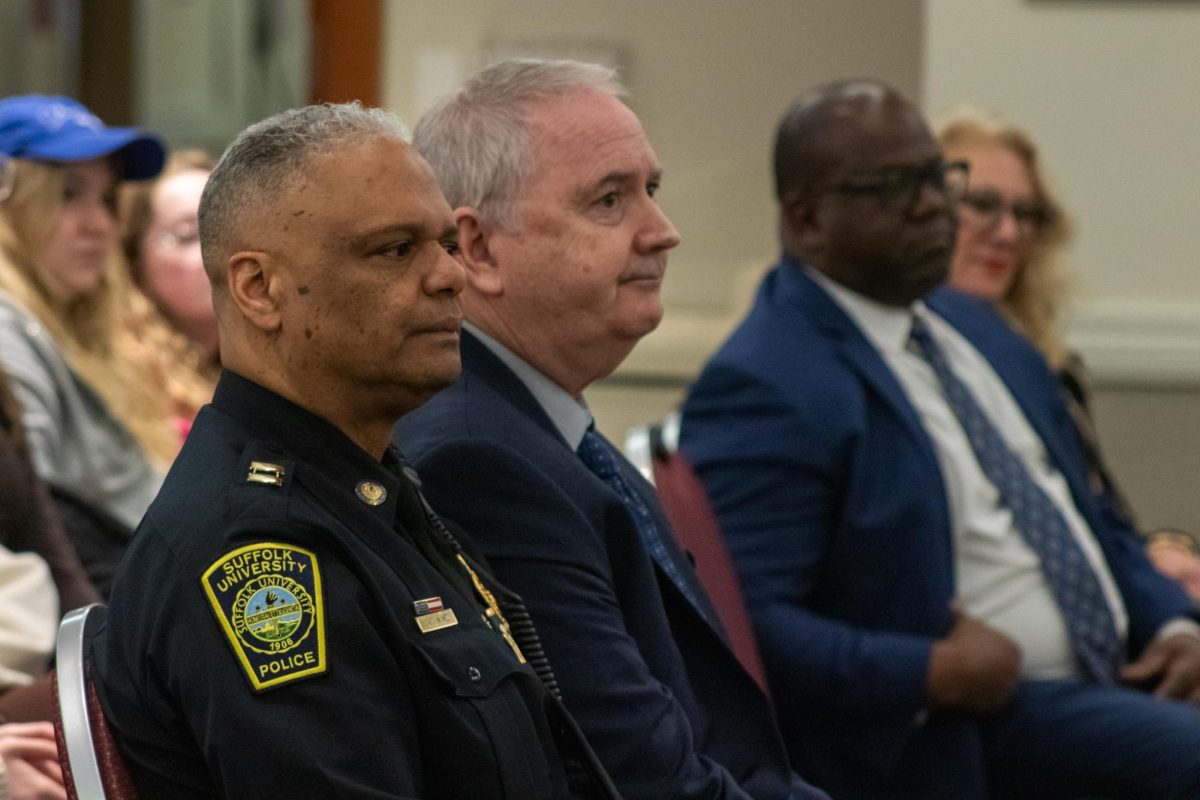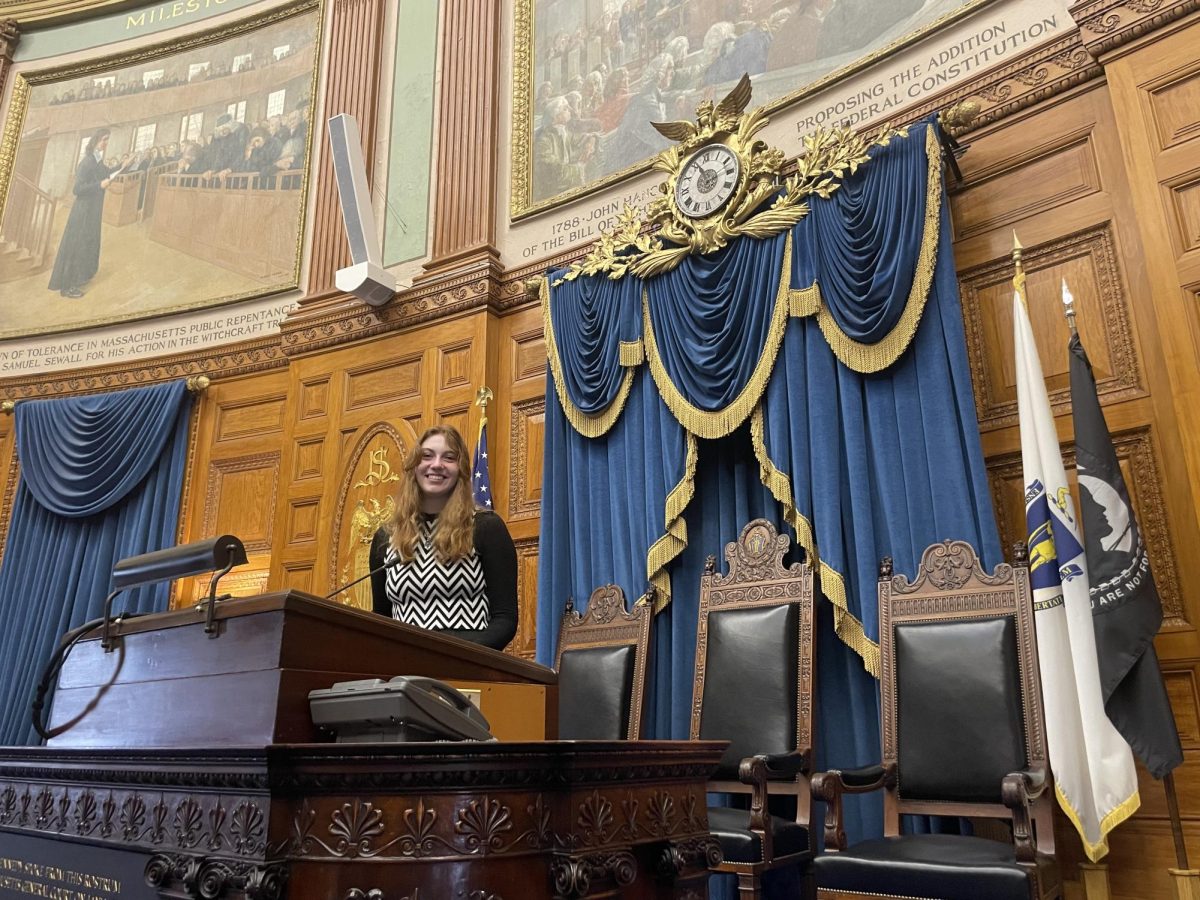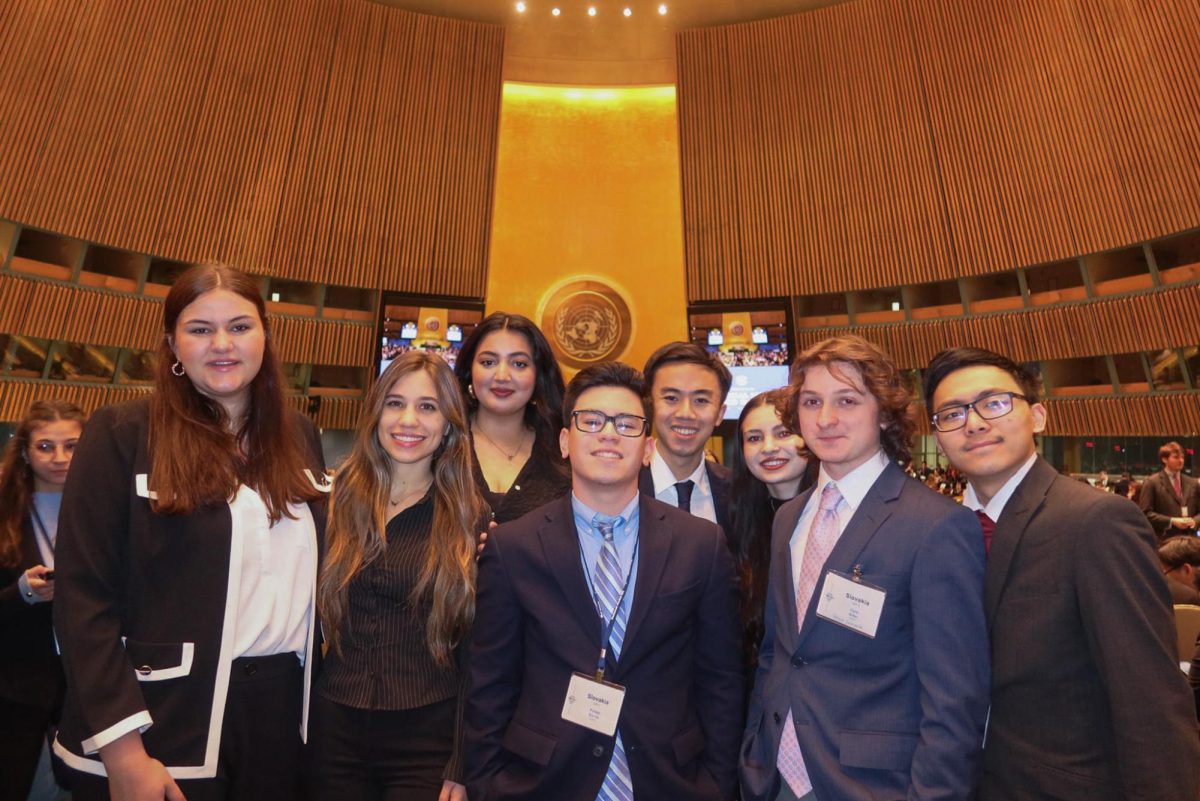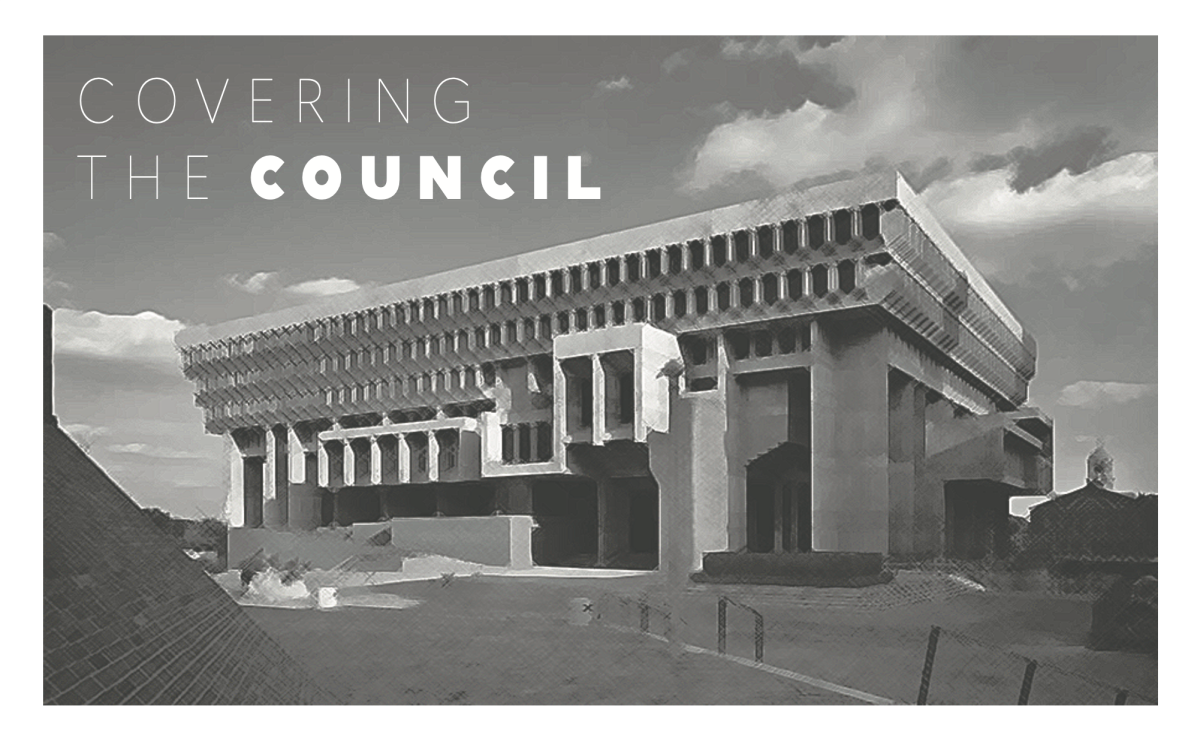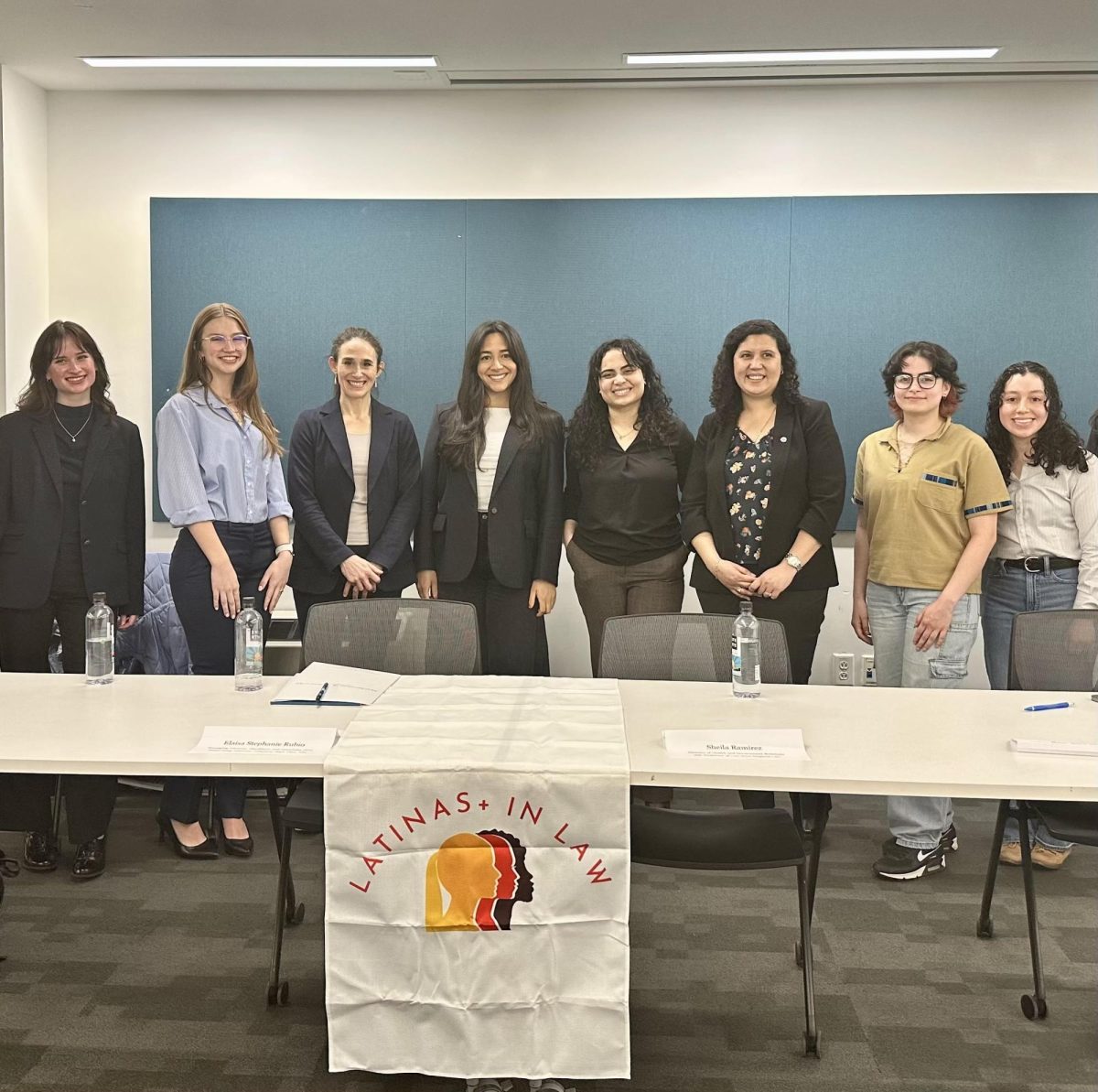By: Kelly Harvell
Paul Polak, founder of International Development Enterprise (IDE) and author of “Out of Poverty,” spoke Thursday night at the C. Walsh Theater about his solutions to take the 800 million people around the world living with less than one dollar a day out of poverty.
Polak started by showing a graph that represented the percentage of people in Sub Sahara Africa living a dollar a day. The statistics were taken in 1990 and again in 2005. In 1990, the amount of people living on a dollar a day was 44.6 percent and in 2005 it was 44 percent. The decrease in poverty only went down 0.6 percent in the past 15 years. Polak explained that the decrease in poverty was so small due to three poverty-eradicating myths.
“Number one, we believe we can donate people out of poverty. We can’t just pay people’s way out of poverty. Poor people need to invest their own time and money. Number two is that we can end poverty through national economic growth. Lastly, the belief that multinationals, as they are now, will end poverty. In order to really make an impact in the decrease in poverty, we need to go to the source. We need to talk to the people involved. To even take a step forward, we need to do more than talk. We have to listen!”
By doing so, Polak learned that 800 million people around the world living on a dollar a day earn their living from tiny farms. Of the world’s 525 million farms, 85 percent are less than five acres and an average farm size in Africa is four acres. Paul believes that focusing on these little farms will be the key to ending poverty. When he traveled to Bangladesh, he spent a day going through these farmers’ lives and understanding their problems.
“At the end of the day, I remember asking one of the farmers, ‘Why are you poor?’ and the farmer replied, ‘we are poor because we have no money.’ Asking ‘why do you not have any money?’ he replied ‘we need water control for our crops.’ By this statement, I was able to come up with one of my main solutions: the treadle pump.”
The treadle pump is a human-powered water-lifting device. During drought season, a farmer can put this device in the ground and soak up water to give to their crops. The treadle pump is similar to a motorized pump except it is a lot cheaper, costing $25 per pump. To build the device, Polak recruited systems of seventy-five private sector manufactures, three thousand village dealers, and three to four village technicians. The treadle pump has increased the total income of farmers in Bangladesh to $288 million yearly.
During this experience, Paul explained his 12 steps for practical problem solving, particularly the first three.
“First, one needs to go where the action is. Second, one has to talk to the people who have the problem and listen to what they have to say. Lastly, one needs to learn everything there is to know about the specific context,” said Polak, who continues to work on decreasing the world poverty rate.
Polak is the founder of Design Revolution (D-Rev), a non-profit organization whose goal is to reach the other 90 percent of the world’s poor and help them get out of poverty.
“I love the challenge of trying something new and creative and if you don’t, then you miss out on doing something incredible,” said Polak. “Even when you fail, I believe you learn a lot.”
In the closing of his lecture, Polak explained why he has lately been unable to discuss his work. “It’s because I have been out there doing it.”


